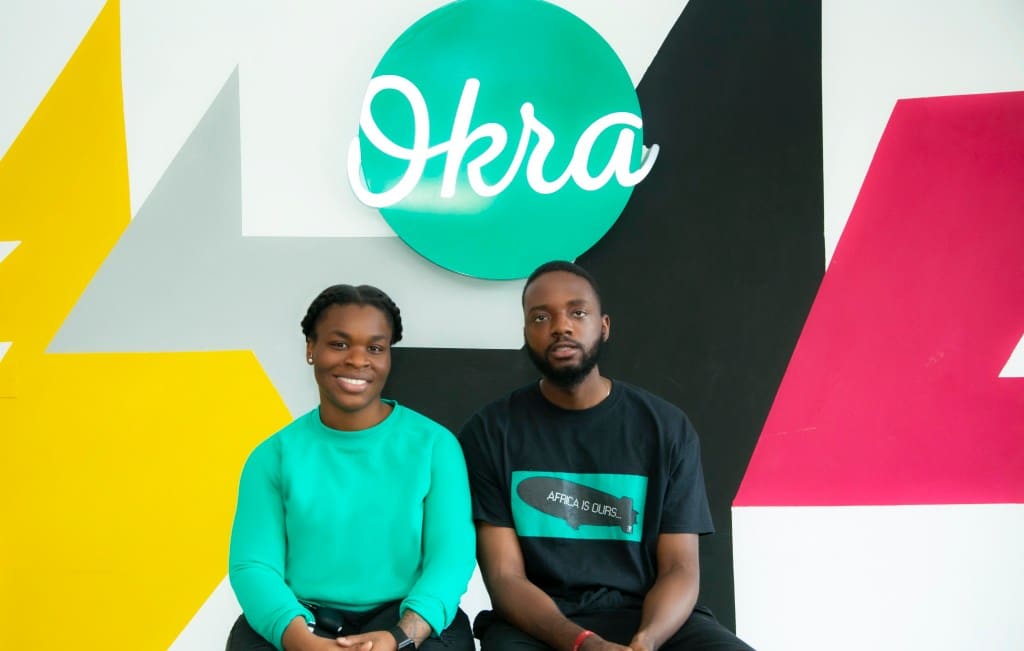On May 20, 2025, Nigerian open banking startup Okra announced it would be shutting down operations five years after launching with a bold mission to transform financial data access across Africa.
The announcement followed the quiet exit of Fara Ashiru Jituboh, the startup’s co-founder and former CEO. While industry watchers speculated about the reasons behind the shutdown, Okra cited strategic and market-related challenges, particularly its inability to compete with larger, more established cloud service providers effectively.
In a conversation with stakeholders and investors, the company revealed that despite the shutdown, it still had three years of runway left. This amount, though undisclosed, will now be returned to its investors, an uncommon but commendable move in the African tech ecosystem.
Given that Okra raised $16.5 million over its lifetime and operated for about five years, it is estimated that the company spent between $11 and $12.5 million, based on typical early-stage startup burn rates. That would suggest that Okra had approximately $4 to $5.5 million in unspent capital, which could be redistributed back to its backers.
Okra’s decision to return investor funds echoes a similar case in 2024, when Nigerian fintech Thepeer also announced it was winding down operations and planned to return unused capital. However, Thepeer’s case sparked controversy when investors demanded an audit after the company proposed returning $500,000 instead of the expected $1.6 million.
Okra, however, appears to have managed its shutdown with greater transparency. In addition to returning funds, the startup also provided severance packages and bonuses to its employees based on their length of service. This gesture stood out in a market where employee compensation after the shutdown is rarely guaranteed.
While Okra only publicly disclosed a $4.5 million raise, sources close to the company confirmed that it secured an additional $12 million in a 2022 round led by Base10 Partners, bringing its total funding to $16.5 million. It is also reported that Nebula, a related project, has quietly shut down as well.
Despite the shutdown, many in the ecosystem recognize Okra’s contribution to Nigeria’s growing open banking movement. As one of the earliest players in the space, the company helped kickstart conversations around financial interoperability, developer-first fintech tools, and data-driven financial services.
As African startups continue to navigate harsh macroeconomic conditions and increased scrutiny from global investors, Okra’s closure and the responsible way it was handled may set a new standard for how startups wind down with integrity.
Beyond its decision to return capital to investors, Okra also demonstrated a strong sense of accountability to its employees. The company took deliberate steps to ensure that team members were not left stranded after the shutdown. Severance packages were provided across the board, with the size of the compensation scaled according to the length of each person’s tenure with the company.
According to sources familiar with the matter, some long-term employees received up to six months’ worth of salary, while those who had joined more recently were given bonuses as a goodwill gesture. In a tech ecosystem where abrupt layoffs and silent shutdowns are not uncommon, this approach marked a rare commitment to internal transparency and employee well-being.
Ashiru also offered more insight into Nebula Okra’s ambitious foray into the cloud infrastructure market. The product was designed to offer a more accessible and cost-effective cloud solution tailored for African businesses at a time when conversations around data sovereignty and local hosting alternatives were gaining momentum.
Although Nebula showed early potential, Ashiru noted that most companies using the platform were not depending on it for mission-critical operations. This lack of deep adoption created an uphill battle in terms of monetization and long-term sustainability. Without strong commercial demand, continuing to scale the product would have required raising additional funds and significantly extending operational timelines, a move she described as imprudent.
The shutdown of Nebula illustrates the complexities of building alternatives to global cloud giants like Amazon Web Services and Google Cloud. Even with the growing push for locally hosted infrastructure, businesses remain hesitant to switch providers due to the risks, technical challenges, and costs associated with migration. These barriers made it increasingly difficult for Nebula to gain meaningful traction in a short window of time.
While the closure may fuel broader skepticism around the feasibility of building cloud infrastructure startups in Africa, Ashiru remains optimistic about the space, particularly for more established players with deeper resources and more stable user bases.
Importantly, Okra’s decision to exit wasn’t a matter of running out of cash. Rather, it was a strategic and values-driven choice that prioritized responsibility over survival. Ashiru explained that rather than continue operating with lukewarm adoption and stretch the company thin, it was more ethical to shut down and preserve what remained of the company’s capital.
Since exiting Okra, Ashiru has transitioned into a new role as Head of Engineering at Kernel, a UK-based startup. She emphasized that the decision to return to full-time work came only after properly winding down operations at both Okra and Nebula, reflecting her commitment to seeing the process through with care and professionalism.









Leave a comment